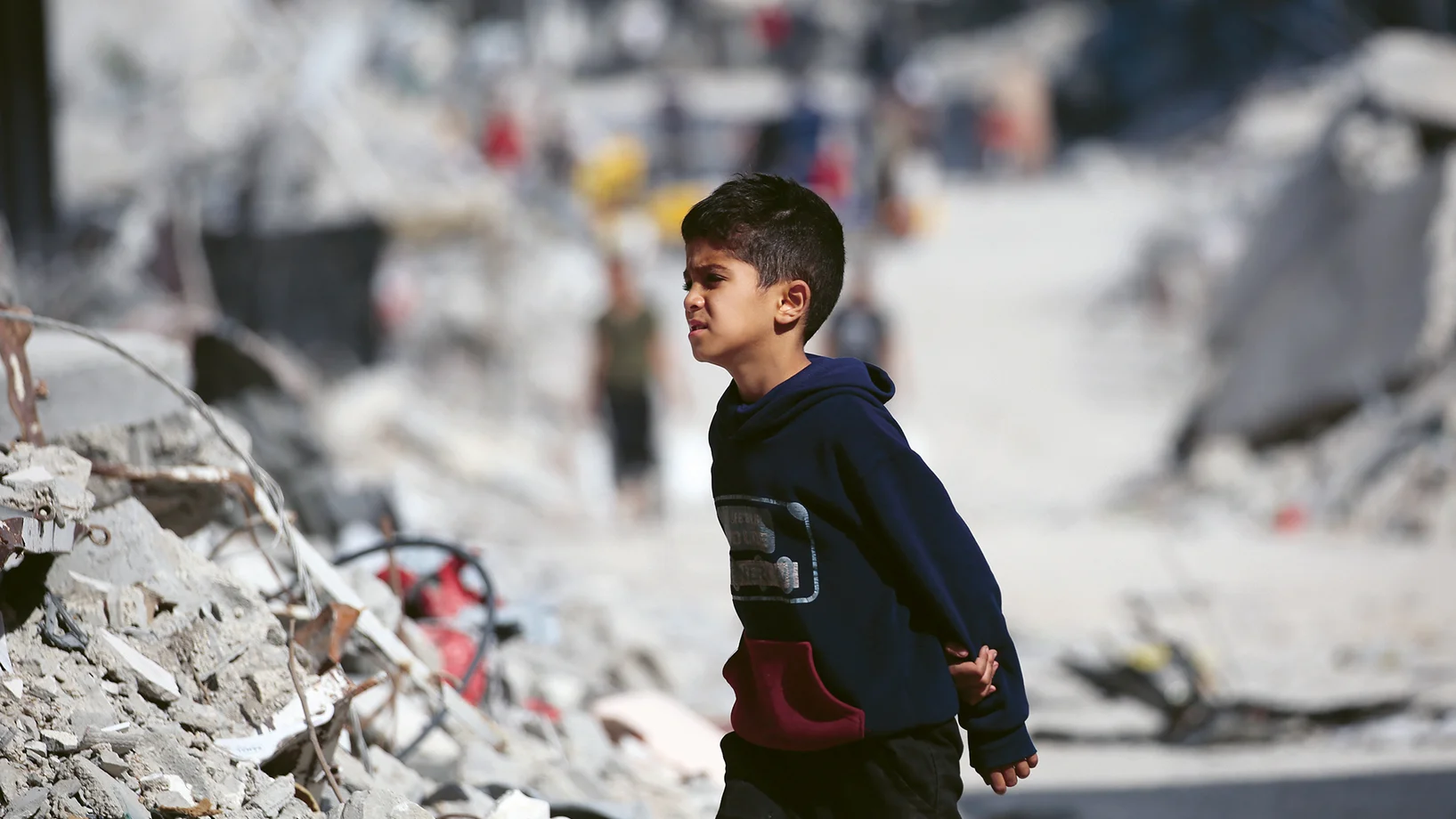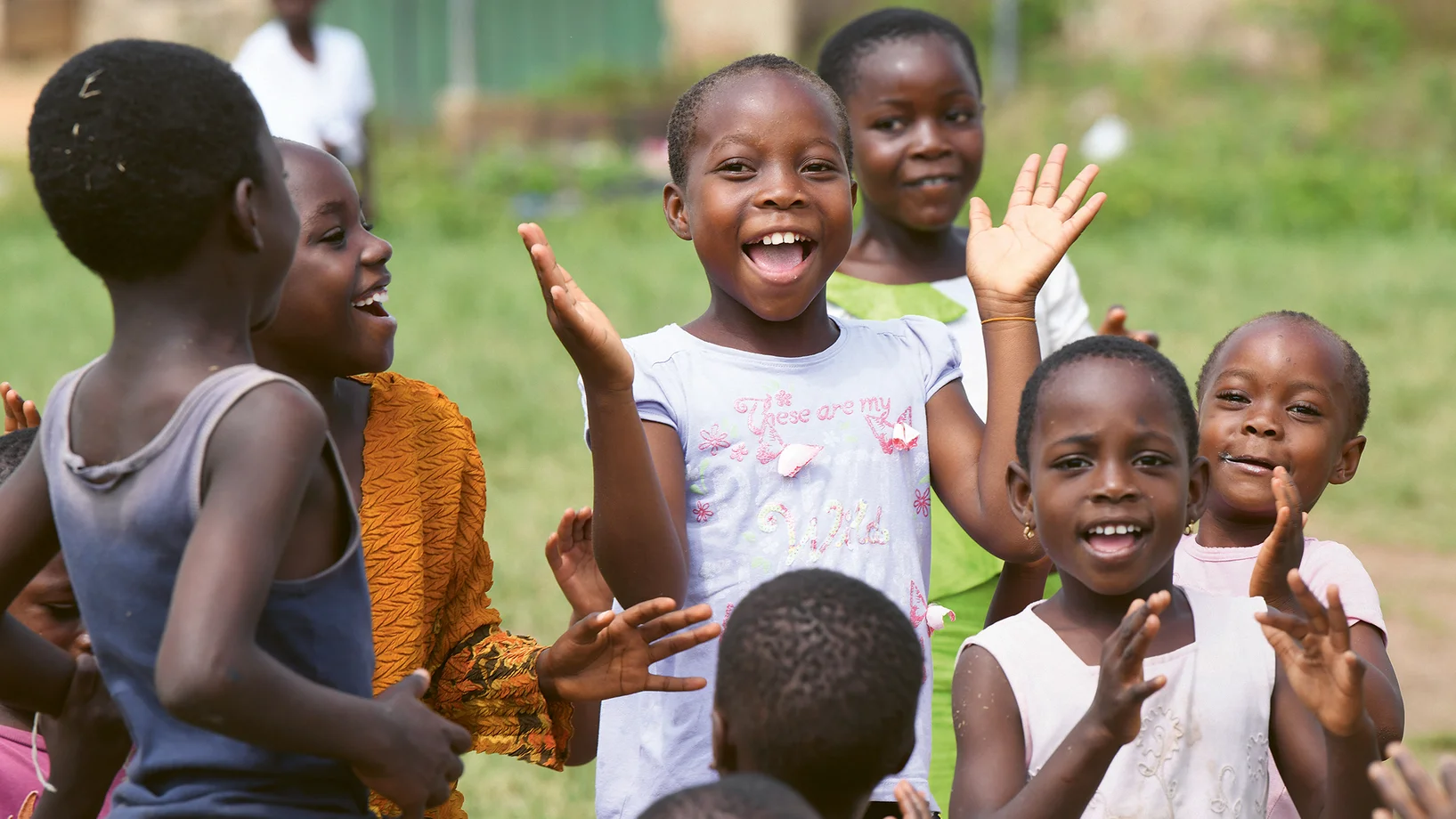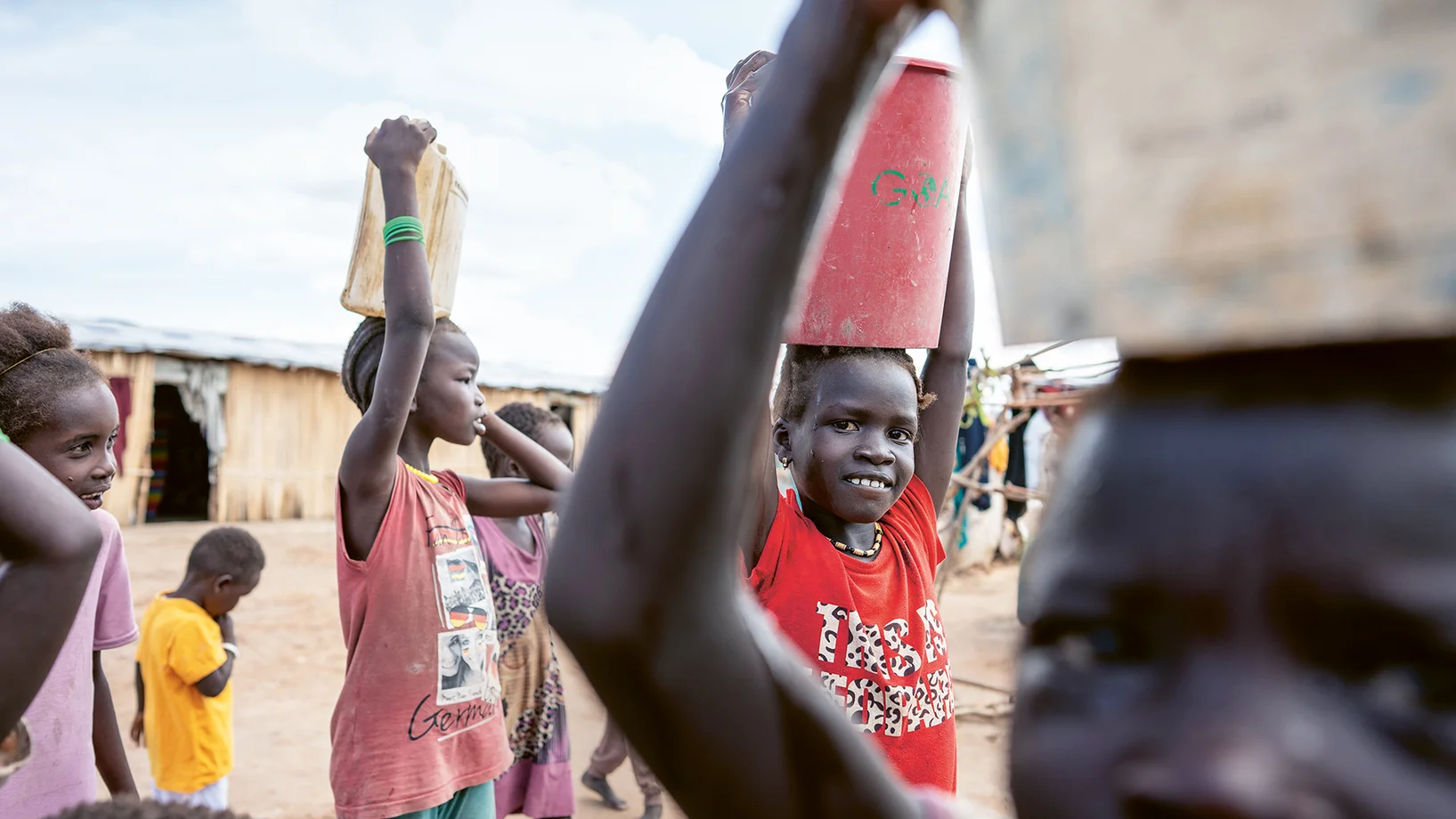Survival – skin-to-skin contact for newborns
From July 2020 to June 2024, UNICEF Switzerland and Liechtenstein supported a program promoting Kangaroo Mother Care (KMC) for low-birthweight infants and newborns. The program’s objective was to improve access to high-quality health services for newborns and women of childbearing age in Nepal by promoting KMC, in which skin-to-skin contact between parent and child creates feelings of warmth and safety.

Nepal has made great progress in the last five years: maternal and child mortality rates have dropped by nearly half. However, it is another story with newborns. According to the “Nepal" Demographic Health Survey 2022,” the newborn mortality rate remained unchanged during this period. That points to considerable gaps in the availability and quality of healthcare – with especially severe consequences for newborns and low-birthweight infants.
Premature birth and low birthweight are two of the main causes of the high infant mortality rate in Nepal, where about ten percent of all newborns weigh less than 2,500 grams.
This program was designed to counter that. UNICEF supported the Nepalese government in setting up specialized neonatal stations and intensive-care stations in more districts and expanding the availability of high-quality healthcare. One key element is the practice of Kangaroo Mother Care (KMC). This inexpensive method involves close contact between the mother and infant and helps improve the health of low-birthweight newborns. It involves prolonged skin-to-skin contact for 18 to 24 hours each day. Use of the method can lower the risk of death in premature infants with low birthweight by more than 30 percent.
Along with areas for Kangaroo Mother Care, the neonatal stations offer important treatments like thermal protection, oxygen therapy and passive immunity. Intensivecare stations also have equipment such as respirators to support spontaneous breathing. Thanks to this UNICEF program, KMC stations could be set up in 19 birthing centers and 14 hospitals.
UNICEF assisted in developing national guidelines on the practice of Kangaroo Mother Care in health facilities. More than 500 medical professionals received advanced training in neonatal care and KMC. UNICEF supported panel discussions on the topic of improving health services for mothers and newborns. A total of 138 local stakeholders took part at the local level, including community leaders, government officials, teachers and volunteer health workers.
The program was successfully completed in 2024. UNICEF is helping Nepal in improving the quality of health services for mothers and newborns in severely affected communities. The aim is to make these lifesaving programs available across the country.





